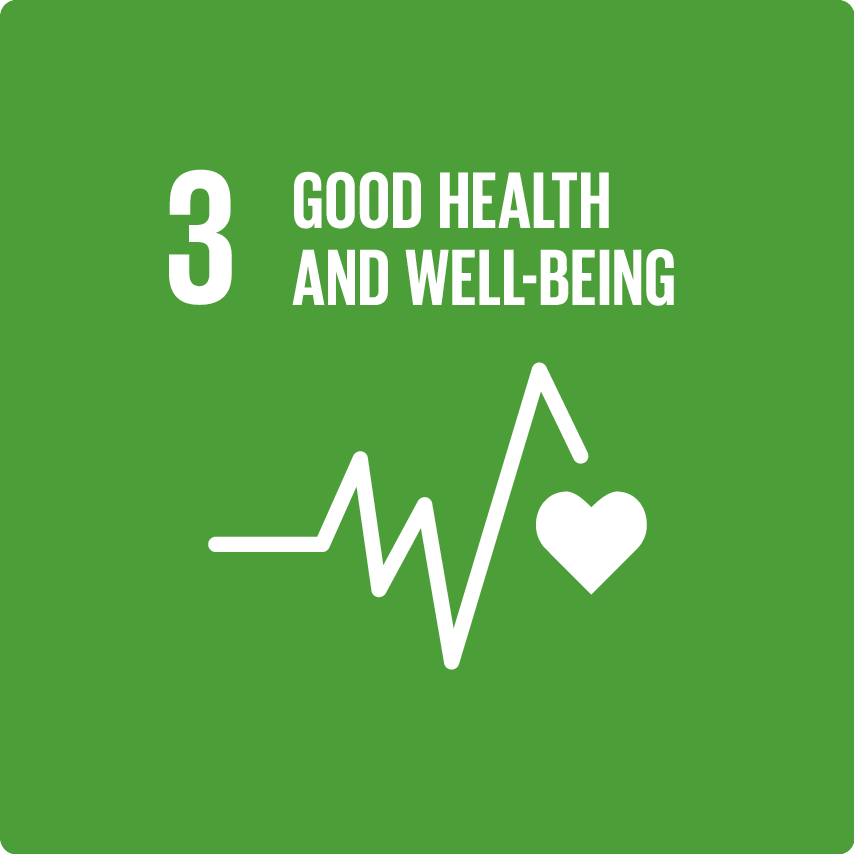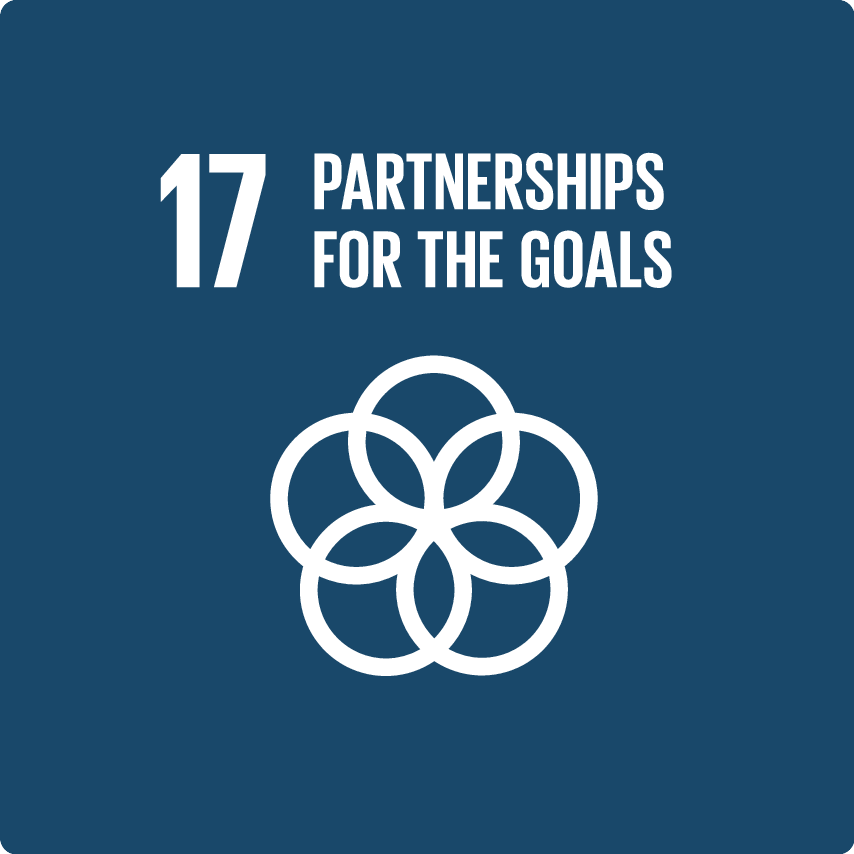Healthworker Programme
Investing in training for frontline health workers, by providing money, medicines, time and equipment to bring sustainable improvements in the health and education of our communities.
SEE ALL PARTNER ORGANIZATIONS
Objectives
- Improve health outcomes by supporting frontline health workers who operate in least developed countries (LDCs).
- Address the estimated shortfall of at least 7.2 million health workers needed globally in order to provide life-saving healthcare for mothers and children.
The chronic shortage of trained frontline health workers in least developed countries (LDCs) is recognised as one of the most fundamental constraints to achieving the Sustainable Development Goals and providing millions of people with the treatment they need. Appropriately trained and adequately supported frontline health workers can improve access to basic health services in their communities, leading to improved health outcomes, especially for mothers and children.
For example, in some settings, a fully trained and well-supported community health worker can effectively deliver treatments, and provide health education for common childhood illnesses such as pneumonia, diarrhoea, malaria and acute malnutrition and reach up to 5,000 children in a year.
By investing in training for frontline health workers, GSK are helping to increase access to quality healthcare to underserved communities in developing countries. Since 2009 we have partnered with three different NGOs – Amref Health Africa, Save the Children, and CARE International. Through GSK’s Global Health Programmes team, we provide money, medicines, time and equipment to bring sustainable improvements in the health and education of our communities.
All programmes are to be agreed with country ministries of health and in alignment with their health priorities.
The project aims:
- To be sustainable: Programmes are designed in collaboration with country governments which helps to ensure long term ownership and sustainability of interventions.
- To be scalable: Government ownership gives the opportunity to scale up sustainable interventions.
- To address clear healthcare needs in LDCs: The shortage of trained healthcare workers is particularly acute in rural and marginalised communities.
- To build relationships: With the Ministry of Health and other in-country stakeholders, including GSK, to ensure there is buy-in and alignment in programme focus and therefore impact. Each NGO will be responsible for establishing a Health
- To be replicable: The partnership aims to galvanise support to encourage both local and international organisations to make similar commitments in LDCs. We hope to use our learning to influence policy at local, national and international levels to encourage replication and ensure a sustainable impact.
Many of the approved projects have been set up in the lower quartile of the LDC index (e.g. Burkina Faso, Mali and Niger), countries where there is very little presence or investment from multinational corporations. Some examples of these include:
- Awareness raising for health workers and communities through health promotion in the Cibitoke province in Burundi.
- Funding the recruitment and training of community health workers in the remote Kodiolo district in Mali, to improve the levels of preventative and curative health interventions at the community level and strengthen linkages to the public health system.
- Improve health services through provision of additional training for health professionals and midwives, whilst successfully advocating for the exemption from user fees system for children and mothers suffering from malnutrition in Burkina Faso, which came into effect in April 2016.
- Positively impacting healthy behaviours and mortality rates through midwife and community health worker training in Nepal.
- Championing innovative approaches to unlock bottlenecks in access to quality training by supporting the development of e-learning to improve access to quality training for approximately 500 nurses and midwives in Tanzania and Uganda.
- Advocate for greater coverage of properly resourced health workers and to strengthen lifesaving healthcare through working closely with health professionals, key decision makers & opinion formers for human resources for health in Togo, Benin, Mali and Niger.
The frontline healthworker programme has been expanded to cover non-LDCs in Africa, including Kenya, Ghana, Nigeria, Ivory Coast, Cameroon and South Africa. Since 2009, GSK have invested £53 million which has helped train 86,000 health workers in 44 countries. The programme has directly reached 12.8 million people.
Results and milestones
- Since 2009, GSk have invested £53 million which has helped train 86,000 health workers in 44 countries. The programme has directly reached 12.8 million people.
- In April 2016, advocacy was successful in securing the exemption from user fees system for children and mothers suffering from malnutrition in Burkina Faso.
- The programme has seen a positive impact on healthy behaviours and mortality rates through midwife and community health worker training in Nepal.
Geographic Reach
- Africa
- Americas
- Eastern Mediterranean
- South-East Asia
- Western Pacific
Disease Area
- Infectious and Parasitic Disease
- Other
- Women’s and Child Health
- Non-communicable diseases
Target Population
- Children
- Elderly
- Marginalized/indigenous people
- Men
- People with low incomes
- Rural populations
- Women
- Youth
Partner organizations
Amref Health Africa
CARE
Save the Children
Additional resources
Geographic Reach
Africa
- Angola
- Benin
- Botswana
- Burkina Faso
- Burundi
- Cabo Verde
- Cameroon
- Central African Republic
- Chad
- Comoros
- Congo
- Côte d'Ivoire
- Democratic Republic of the Congo
- Equatorial Guinea
- Eritrea
- Ethiopia
- Gabon
- Gambia
- Ghana
- Guinea
- Guinea-Bissau
- Kenya
- Lesotho
- Liberia
- Madagascar
- Malawi
- Mali
- Mauritania
- Mauritius
- Mozambique
- Namibia
- Niger
- Nigeria
- Rwanda
- Sao Tome and Principe
- Senegal
- Seychelles
- Sierra Leone
- South Africa
- South Sudan
- Togo
- Uganda
- United Republic of Tanzania
- Zambia
Americas
- Haiti
Eastern Mediterranean
- Afghanistan
- Djibouti
- Sudan
- Yemen
South-East Asia
- Bangladesh
- Myanmar
- Nepal
Western Pacific
- Cambodia
- Lao People's Democratic Republic
Disease Area
Infectious and Parasitic Disease
- Cholera
- Malaria
- Measles
- Rotavirus
- Typhoid Fever
- Yellow Fever
- Pneumococcal Disease
Other
- General Health
Women’s and Child Health
- Adolescent Health
- Children's Health
- Family Planning, Sexual & Reproductive Health
- Malnutrition
- Obstetrics
- Women's Health
Non-communicable diseases
- Cardiovascular diseases
- Hypertension
- Diabetes
- General Noncommunicable Disease Care (Health System)
- Respiratory Diseases
- Asthma
- Chronic obstructive pulmonary disease (COPD)

